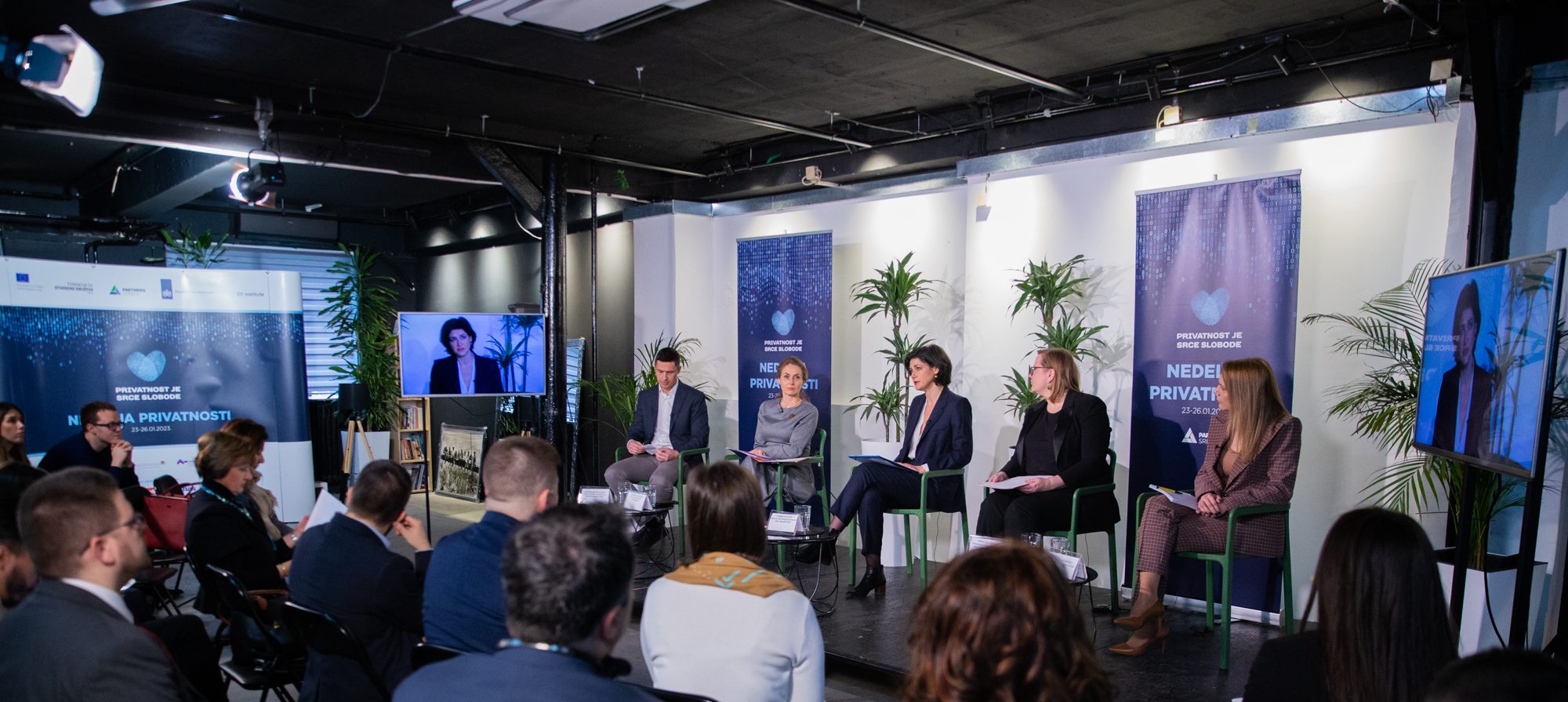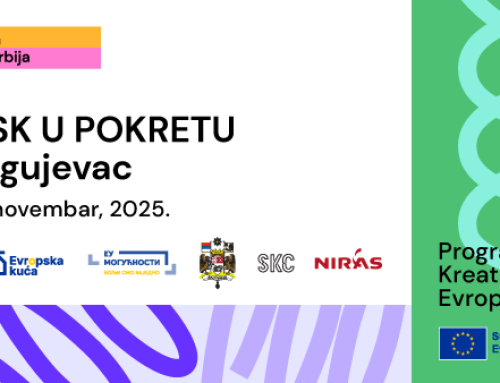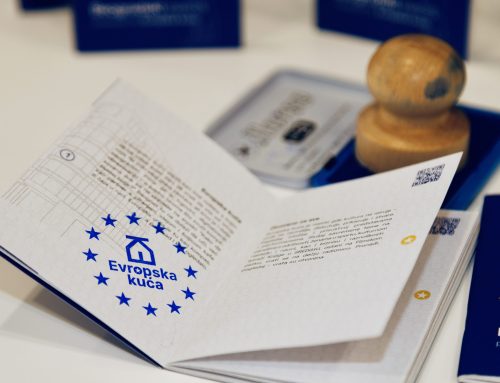There is no doubt that the data is “the oil” for the digital economy and the EU has proven itself as a global leader in the protection of personal data, said Deputy Head of EU Delegation to Serbia Plamena Halacheva at the panel discussion on the occasion of International Privacy Day organised by the Partners Serbia.
“A changing world requires adapting our democracies. This is particularly true when it comes to digitalisation, in which the protection of personal data and privacy has become so crucial. At the heart of this is the need to have control of our own personal data. Our EU data protection rules are an excellent example of how the European Union can set standards for the world. With the human being at the centre – including the ‘right to be forgotten”, said Halacheva.
She added that EU General Data Protection Regulation (GDPR) regulation was adopted in 2016, making the protection of privacy and data not only a fundamental right in the EU but also a legal obligation. A growing number of countries are adopting new privacy laws that are inspired by EU law.
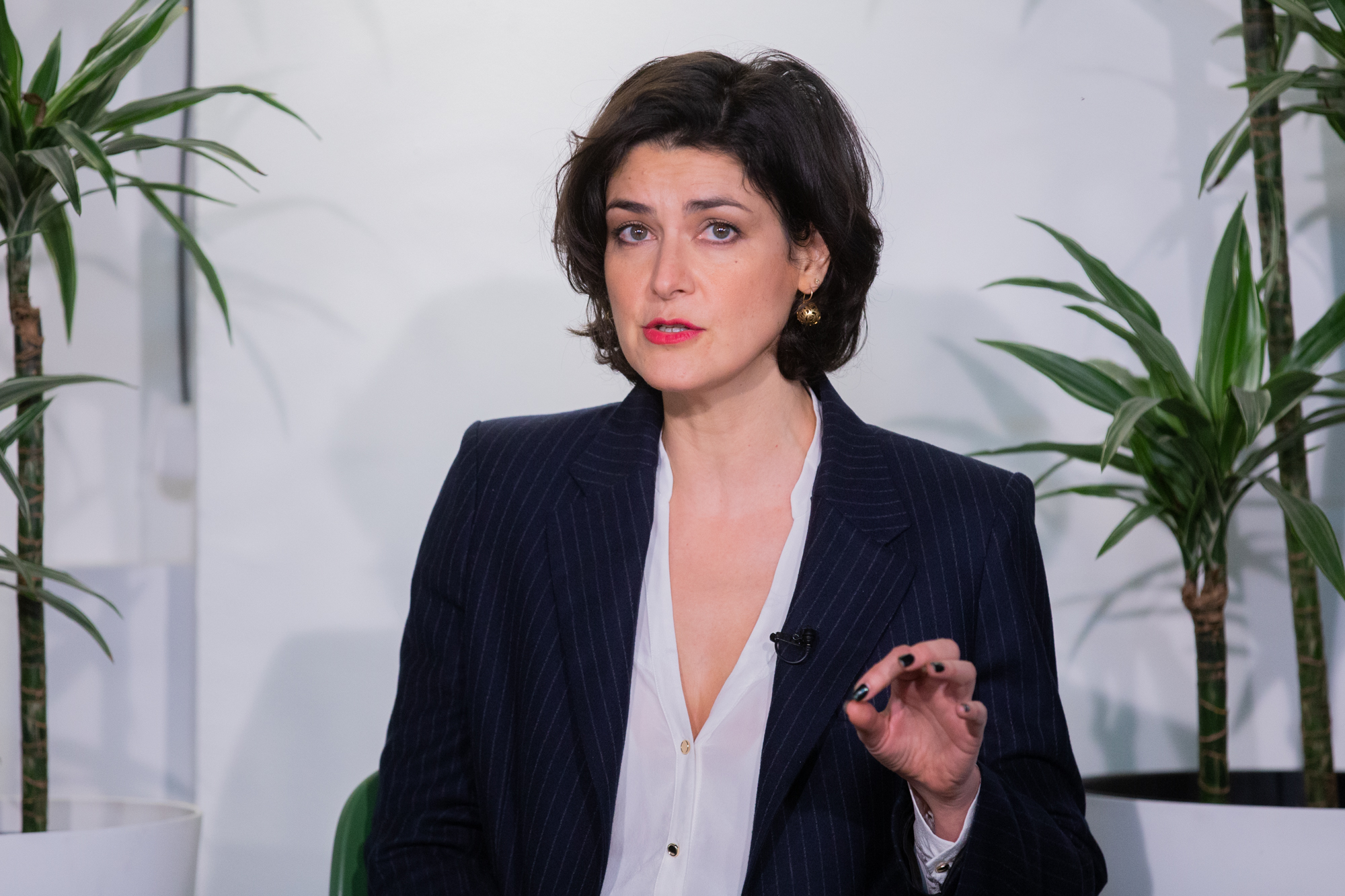
Deputy Head of the EU Delegation to Serbia mentioned that stronger rules on data protection mean people have more control over their personal data and businesses benefit from a level playing field.
“Citizens, consumers and businesses need to feel secure when it comes to the exchange of any personal data in order to maintain their trust in Digital Single Market and in personal data processing. This is also valid for Serbia, where the businesses offering their services are interlinked with the EU market”, said Halacheva.
She stressed that in Serbia, following the adoption of the new law on personal data protection, its effective enforcement, including by courts, and making sure all other laws relating to the processing of personal data are aligned with its provisions remains crucial for making concrete progress in practice. Increasing the number of designated ‘data protection officers’ within public entities and ensuring the Commissioner for Personal Data Protection has the required staff capacity will be also key, she said.
The Netherlands sees privacy protection as one of the fundamental human rights, said Deputy Head of Mission at the Embassy of Netherlands to Serbia Anne Sietske Brinks.
“Privacy is important because it lets us keep control over how we want to interact with the world, it sets the rules and establishes the boundaries. There are a few issues that we are facing in the contemporary digital age – data exploitation for commercial purposes, political analytics and ethics. There are many unanswered questions and therefore we have to be sure that the governments ensure there is the law that protects citizens and strong institutions to control the implementation”, said Sietske Brinks.
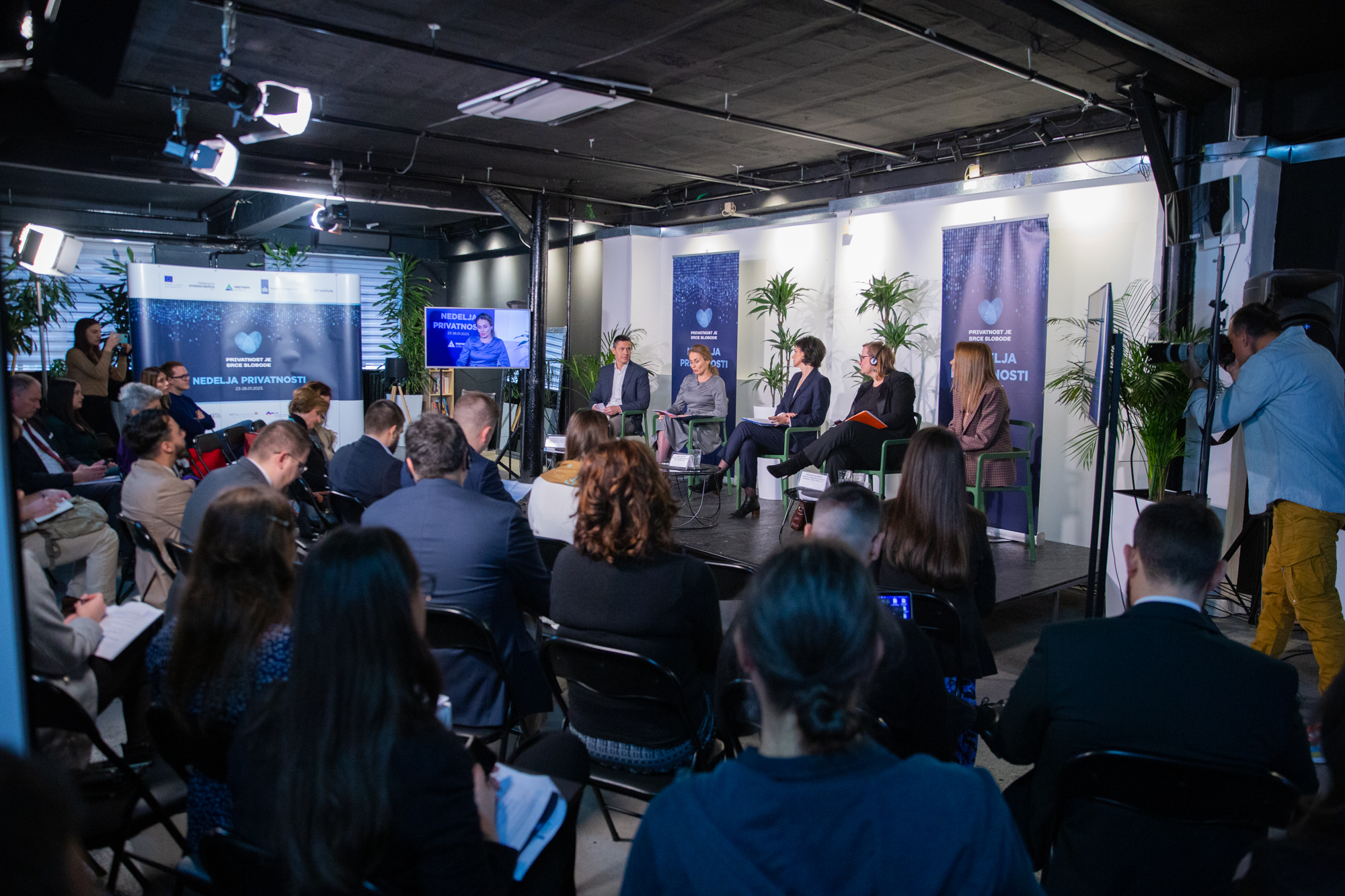
The Commissioner for the Protection of Equality in Serbia Brankica Jankovic emphasised that data protection strives to protect the moral integrity of every person.
“It means having control over the number of information that will be available to the public and third parties. It also means controlling the information flow that approaches us. Privacy is the core of equality. Breaching data protection rules usually leads to other forms of discrimination”, said the Commissioner for the Protection of Equality in Serbia.
She added that data protection serves to prevent the misuse of personal data by commercial entities and numerous interests groups, and can act as a driving force of democratisation of a society.
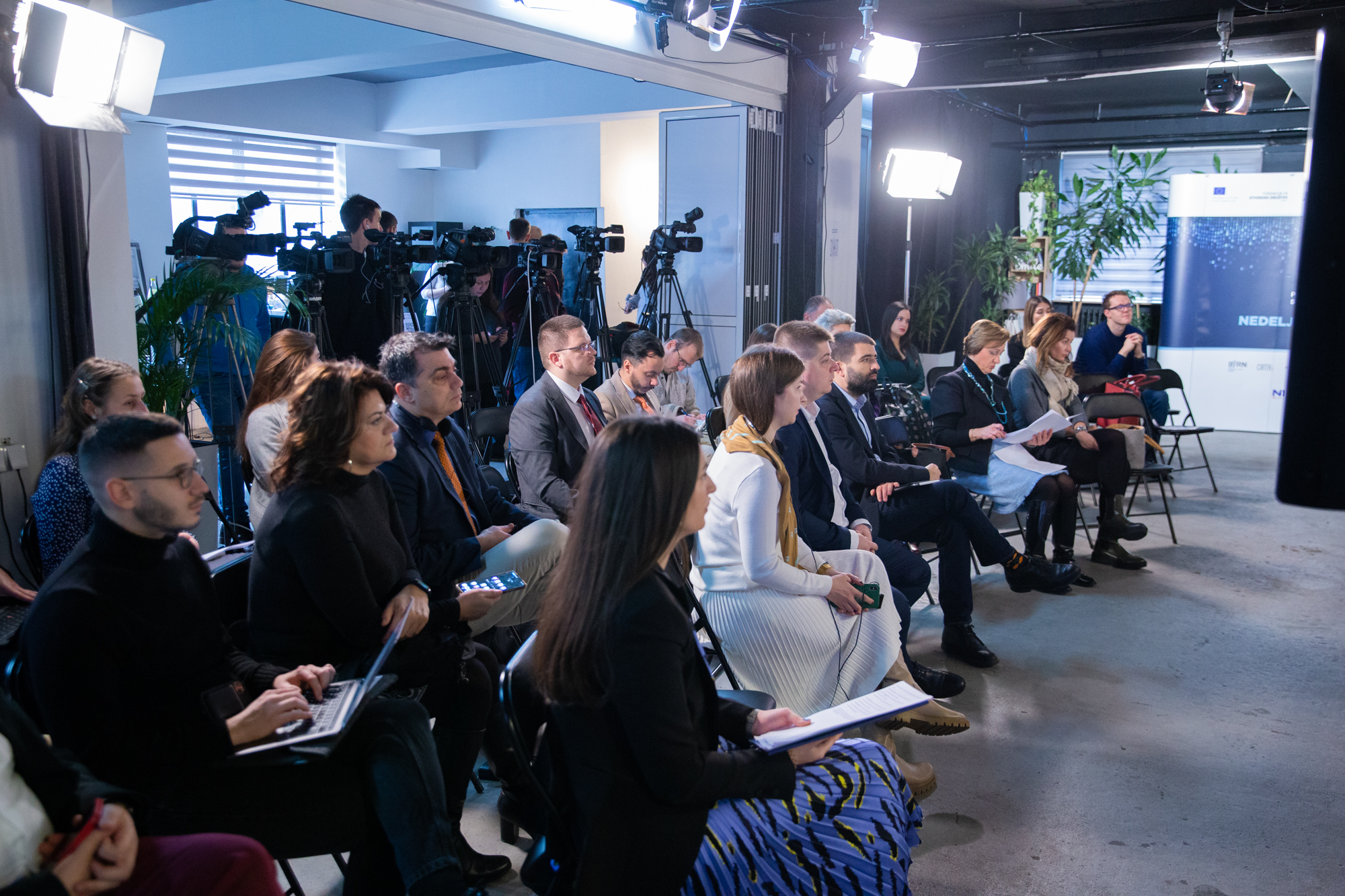
Worth mentioning that the OSF guy made a plea that SR and other candidate countries are involved in the ongoing intense EU legislative-making process in the digital field.
Personal data protection is an integral part of the rule of law and fundamental rights cluster.
In the period between 2014-2022, EU assistance for the rule of law, judiciary and home affairs reform in Serbia has reached more than EUR183,8 million. The funds are used to support independent and efficient judiciary; efficient protection of citizens and communities; human rights observance; proper enforcement of law; and fight against corruption, organised crime and human trafficking.
The rule of law is an essential prerequisite for peace, security, and prosperity as it strengthens the social and economic capacity of a country, ensures a healthy business environment, economic resilience and consumer protection, and encourages investment, job creation and development. Respect for and protection of fundamental human rights enables the creation of a vigorous, just, and democratic society.

